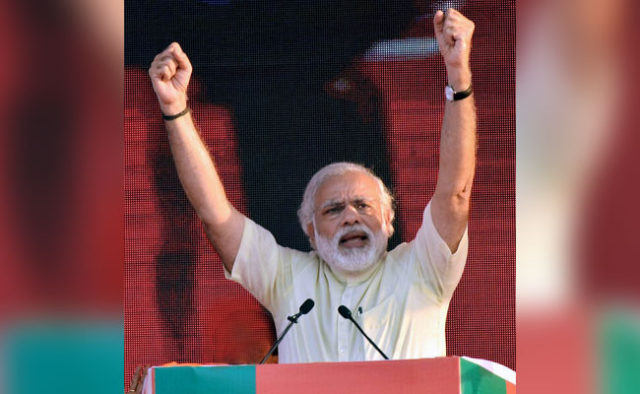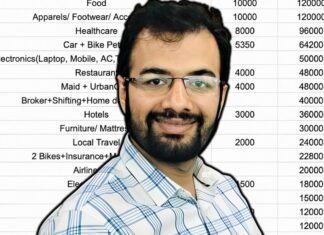By Kshiteeja Tomar And Suryansh Upmanyu
To fulfill the shortage of doctors in the healthcare sectors, Narendra Modi in his recent Saharanpur rally announced that the age of retirement of doctors would be raised to 65 years. This has led to a major conflict and is seriously being opposed by many medical bodies all over the nation.

Kshiteeja Tomar: Why I Think The Retirement Age Should Not Be Increased
According to Dr. Eknath Pawar, president of Maharashtra State Medical Teacher Association (MSMTA), “This is not a solution for solving the manpower issue. We are in complete opposition to this government decision. We have a different demand from the state government — temporary lecturers should be regularized and time-bound promotion and time-bound pay scale should be given to medical teachers. If the government wants to appoint these teachers, they can appoint them after retirement, but increasing the age of teachers every time is not a good idea.”
Increasing the retirement age of the doctors might seem like a good idea at this time because they do come with experience and practice. But here are some reasons why I think this is will not end up being a win-win situation for all:
In India, graduating with a medical degree will make a hero in the eyes of everyone. After putting in years of hard work and patience, you get your dream job in a government hospital, let’s say around the age of 30, which is way later than your fellow engineer schoolmates who have already doubled their salary.
Now if the retirement age increases, for the next five years no posts will be vacant. This would seriously harm the career of the upcoming generations who are well-suited and in need of a job.
Fewer posts released would also mean fewer promotions received. So if this done, in a nation like ours, where the youth is attracted more to the private sector because of its higher pay and flexibility, would never give a second chance of joining a government hospital.
It is said that only wine and cheese improve with the age. Not humans. Experience and knowledge never leave a person for sure. But at the age of 65, where you have lived for over six decades, it is not right to ignore that you have already lost most of your strength, sight, and cognition. Having this kind of people taking up serious cases that require precautions and delicacy is not a good idea in my point of view.
Also, the quality of education received differs as we move from the older to a younger generation. The younger generation has a better understanding of what they have studied, have recently gained the knowledge and hence can implement it better. While the elderly doctors would definitely not be keen on learning these newer methods.
Suryansh Upmanyu: Increasing The Retirement Age Would Not Be Such A Bad Idea After All
Whatever the government does, it faces Whatever the government does, it faces praise and ridicule in equal measure. The same was seen when Modi increased the retirement age of doctors last week. The move – as the government put it – was taken to solve the problem of a dearth of doctors in India.
Now the detractors are saying that this move would have no effect, because it does not ensure the inflow of young, well-educated doctors. They say that it is just a “jugaad” and will not attack the root of the problem. It might work in the short run, increasing the number of doctors for a few years, but after that the doctor – patient ratio will worsen again.
All are valid points. But here is what I have to say.
A measure has finally been taken. Yes, it will work only in the short run. But it gives the government ample time to build the infrastructure to generate quality doctors who will serve the country in the long run.
For years on end, we would crib about the lack of doctors in the country, but no one stood up to solve the problem. Compared to the previous numbers, now we will have more doctors (even if for a short period). Therefore, this plan should be welcomed, but instead, it is being criticized.
The actual solution, the critics say, is to increase the number of medical schools and improve the incentives given to doctors so that they do not run abroad. But this takes the time to develop.
Instead of being a hurdle to the new plan, the detractors could give their expert advice to the government which could be implemented over time. This will ensure that instead of remaining a short term “half-hearted measure”, it acts as a stepping stone for the improvement of public health facilities all across the country.
For once it would be really great if we synergize our efforts. The government has given us a start. Now it is our time to push them, not criticize them. Because for me, a positive step (howsoever small, howsoever short) has been taken, and it needs to be applauded.
Why don’t you go read?































